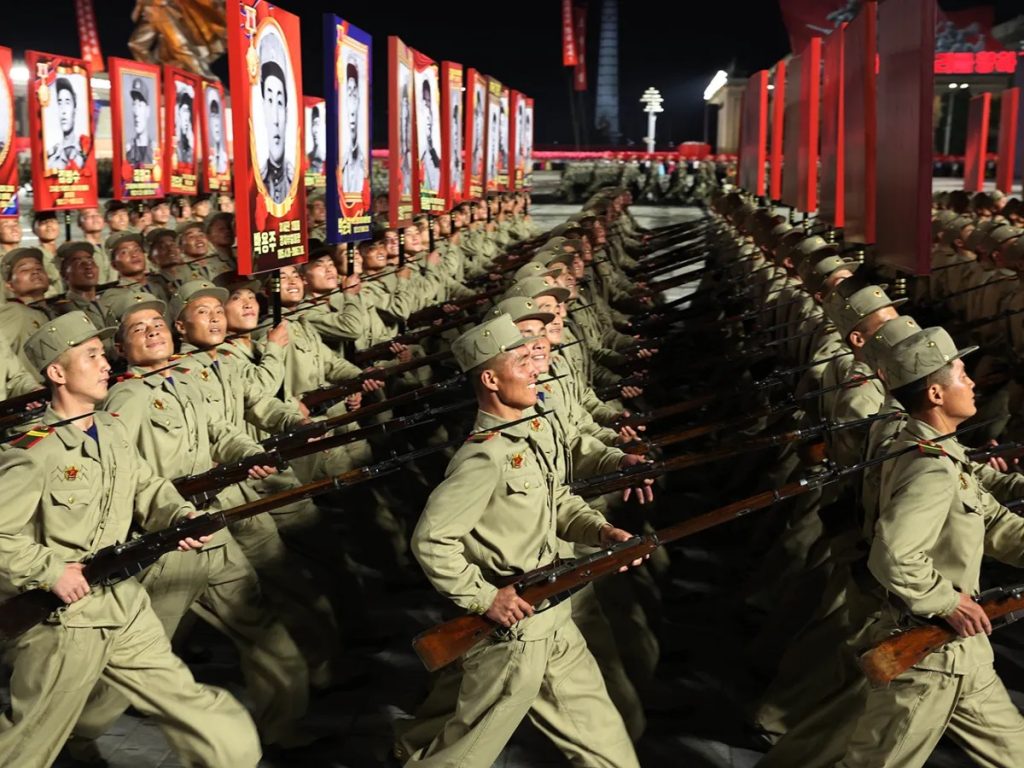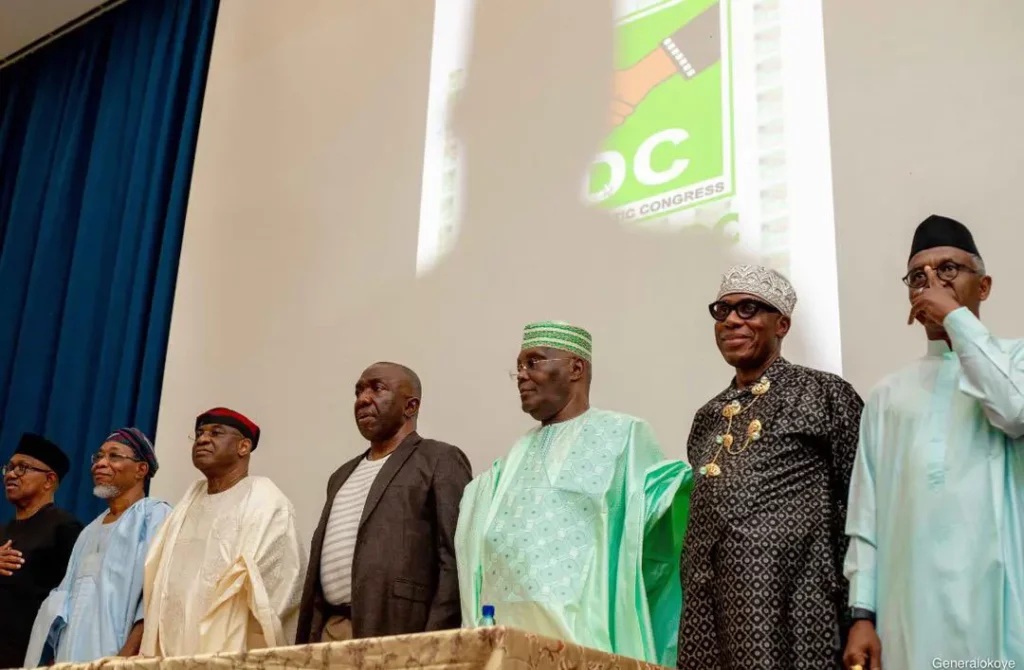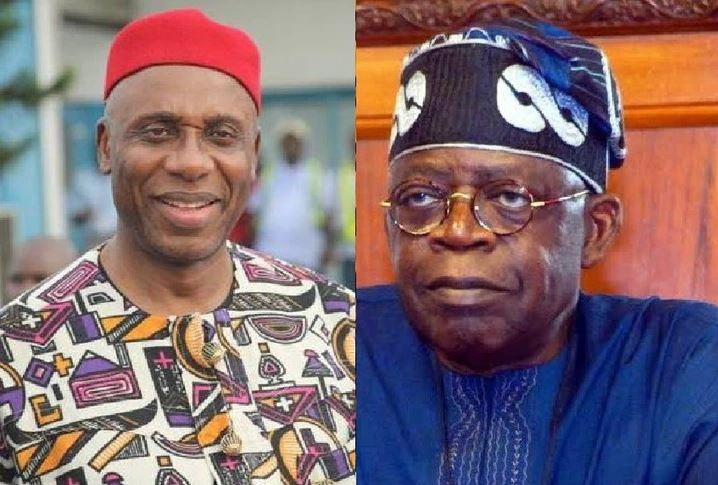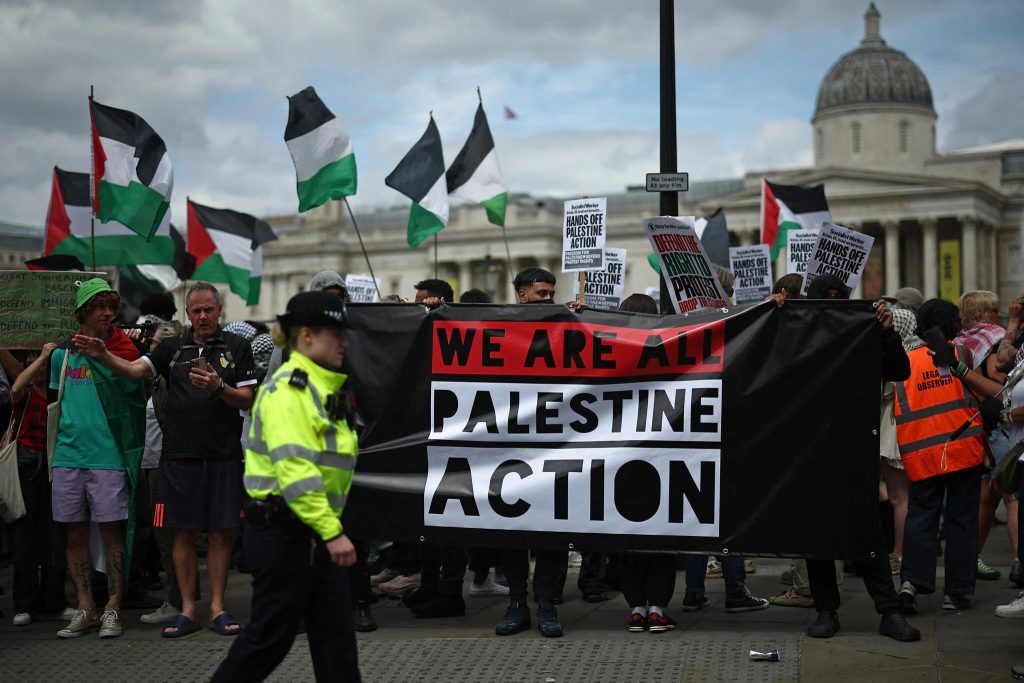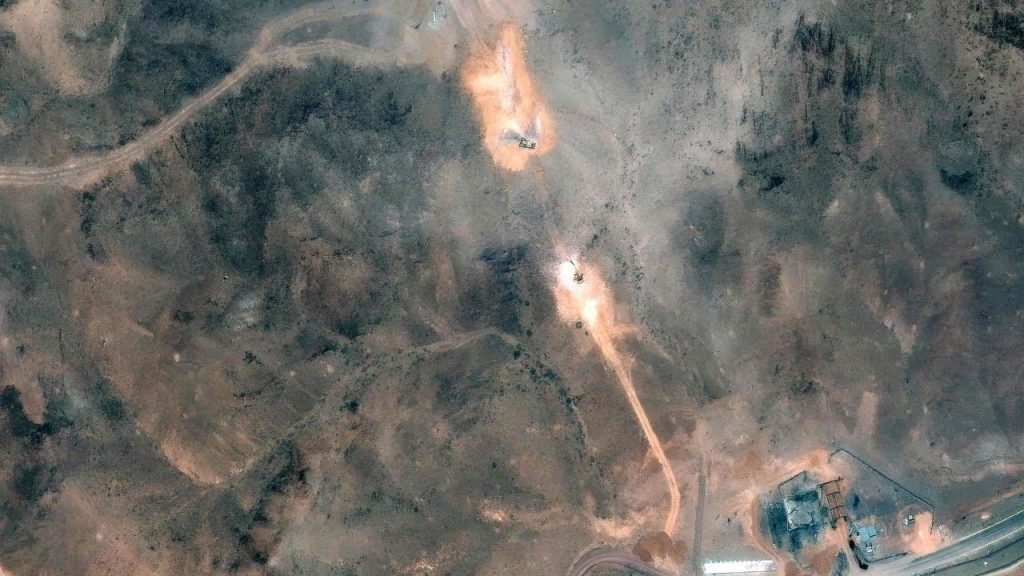Featured
Fresh Strike Looms In Nigeria

A sense of unease and apprehension has gripped many Nigerians as the possibility of another nationwide strike by organized labour looms large.
The Tripartite Committee established by the Federal Government to negotiate a new national minimum wage has failed to reach an agreement with the Nigerian Labour Congress (NLC) and Trade Union Congress (TUC).
The committee recommended a monthly minimum wage of N62,000, which labour has rejected, insisting on N250,000.
The prospect of another strike has brought back memories of the recent two-day strike by labour, which grounded the economy and caused widespread hardship.
Many Nigerians are still reeling from the effects of the strike, which led to a total blackout, shut down government-owned hospitals, seaports, and airports, and affected businesses and small entrepreneurs.
*Nigerians Share Their Experiences
Yinka Abiola, a Lagos-based entrepreneur who makes healthy fruit juice, recounted her losses during the strike.
She lost over N200,000 due to the power outage, which spoiled her products and disrupted her business. Shola Adeyemi, a fashion designer, spent N30,000 on fuel to power his generator for three days, just to meet his deadlines.
Obi Ezeagu, a pensioner, expressed his anxiety about the potential strike, fearing it could deny people access to healthcare and lead to loss of lives. He recalled the poor treatment he received at a government hospital during a previous strike.
*Experts Weigh In
Pat Utomi, a political economist, advised labour to demand a slash in the cost of governance and increased productivity from workers. He also urged the government to establish a framework for monitoring both parties and to drive the transition to production.
Anthony Anamelechi, a senior citizen, suggested that labour should mandate the government to fix the economy rather than demanding a wage increase. He pointed out that the rising cost of living crisis in Nigeria cannot be solved by a wage increase alone.
*Economic Crisis Worsens*
Nigeria’s economic crisis has led to an escalating cost-of-living crisis, with inflation accelerating to 33.69% in April and food inflation rising to 40.53%. The country has been listed as a hunger hotspot by the United Nations, along with 17 other nations.
The situation has left households in pain, with families spending a significant chunk of their salaries on food alone. The organized labour has been agitating for a minimum wage that reflects the current economic realities in Nigeria.
*Government’s Response*
The Federal Government has introduced economic reforms, including the removal of petrol subsidies and foreign exchange liberalization, but these measures have failed to improve the economy. The government has also announced plans to boost power generation by 1,268MW from eight new power plants and has sealed a $1 billion deal on five power plants.
For Diaspora Digital Media Updates click on Whatsapp, or Telegram. For eyewitness accounts/ reports/ articles, write to: citizenreports@diasporadigitalmedia.com. Follow us on X (Fomerly Twitter) or Facebook





